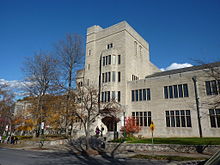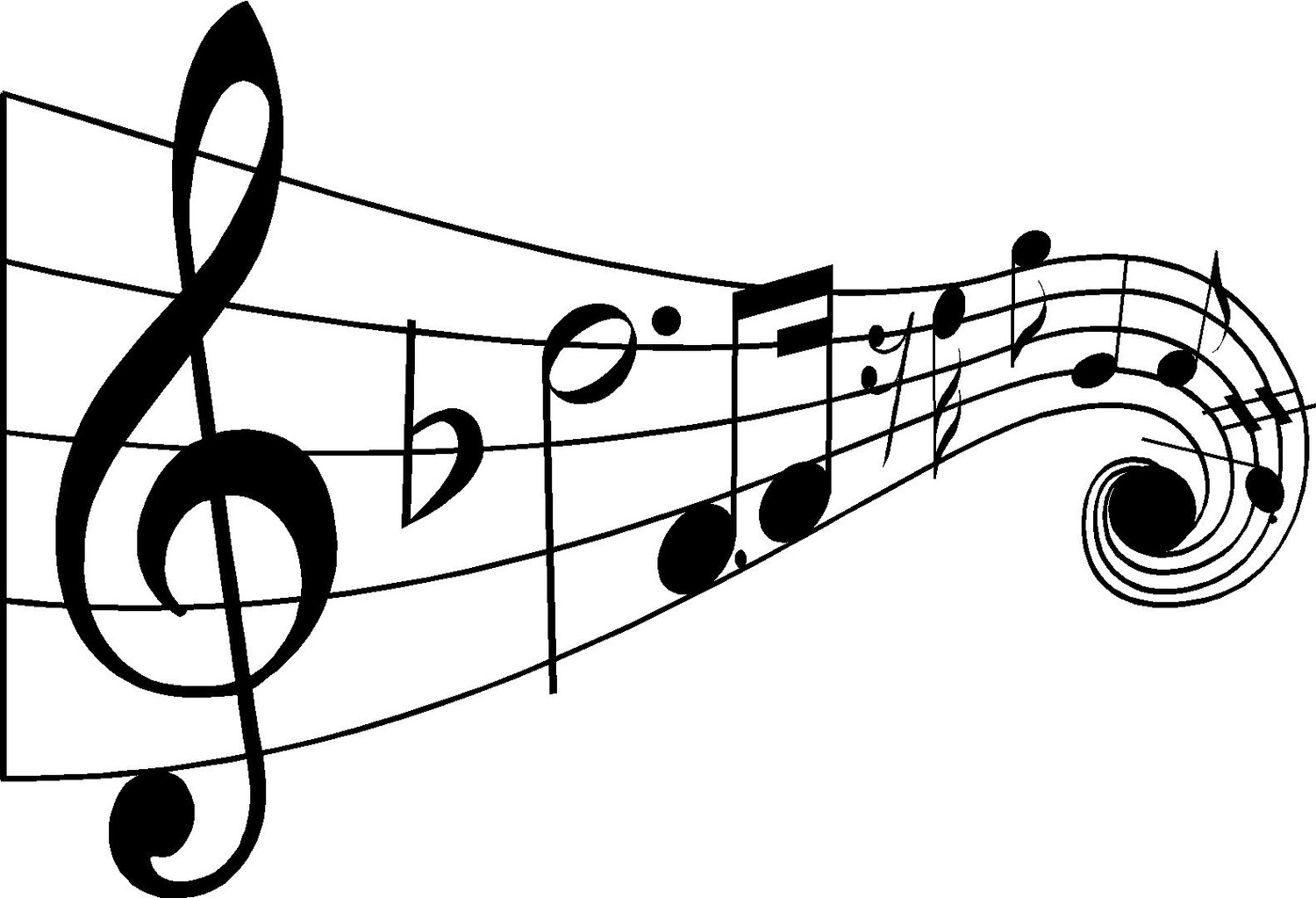 Indianapolis, Indiana – In conjunction with co-counsel, an Indiana patent attorney for Eli Lilly of Indianapolis, Indiana prevailed in the Southern District of Indiana on claims of patent infringement. At issue was Lilly’s patent on the use of Alimta® in conjunction with specific vitamins. District Judge Tanya Walton Pratt concluded that Defendants Teva Parenteral Medicines, Inc. of Irvine, California; APP Pharmaceuticals, LLC of Schaumburg, Illinois; Pliva Hrvatska D.O.O. of Zagreb, Croatia; Teva Pharmaceuticals USA Inc. of North Wales, Pennsylvania; and Barr Laboratories, Inc. of Montvale, New Jersey failed to prove invalidity of U.S. Patent No. 7,772,209 (the “‘209 Patent”) and entered judgment in favor of Lilly.
Indianapolis, Indiana – In conjunction with co-counsel, an Indiana patent attorney for Eli Lilly of Indianapolis, Indiana prevailed in the Southern District of Indiana on claims of patent infringement. At issue was Lilly’s patent on the use of Alimta® in conjunction with specific vitamins. District Judge Tanya Walton Pratt concluded that Defendants Teva Parenteral Medicines, Inc. of Irvine, California; APP Pharmaceuticals, LLC of Schaumburg, Illinois; Pliva Hrvatska D.O.O. of Zagreb, Croatia; Teva Pharmaceuticals USA Inc. of North Wales, Pennsylvania; and Barr Laboratories, Inc. of Montvale, New Jersey failed to prove invalidity of U.S. Patent No. 7,772,209 (the “‘209 Patent”) and entered judgment in favor of Lilly.
Lilly sells the drug Alimta (“pemetrexed”), a chemotherapy drug, to treat various types of lung cancer, including mesothelioma. However, certain side effects were troublesome, including treatment-related hematologic and gastrointestinal toxicity. Deaths among some patients were attributed to treatment with pemetrexed. In response to this concern, Lilly took the unusual step of mandating supplementation of the pemetrexed protocol with two vitamins – folic acid and vitamin B12. The patentability of that idea was the focus of a patent challenge – this litigation – by five manufacturers of generic drugs.
Lilly’s ‘209 Patent describes a method of using an antifolate, pemetrexed, with vitamins. Antifolates are a type of chemotherapy drug used to treat certain types of cancer. They work by competing with folates, a class of essential nutrients that includes folic acid. By interfering with the action of folates, antifolates thereby deprive cancer cells of the DNA precursors they need to proliferate.
The generic challengers contended in part that the patent on the combined therapy is invalid, arguing that someone knowledgeable about both nutrition and medicine could have easily concluded that supplementation with B12 and folate might alleviate certain side effects of pemetrexed.
Lilly, in contrast, argued that the vitamin regimen was not only counterintuitive when it was proposed, it was called “crazy” by a leading cancer doctor before testing showed its benefits.
Lilly prevailed. The court found that Defendants failed to show by clear and convincing evidence that the asserted claims of the ‘209 Patent were invalid for obviousness, obviousness-type double patenting, inadequate description or lack of enablement. Thus, the ‘209 Patent is valid and enforceable.
The ‘209 Patent is presumed to be valid under 35 U.S.C. § 282. Defendants, as the parties challenging the validity of the ‘209 Patent, bore the burden of proving invalidity by clear and convincing evidence.
Defendants’ first contention was that the ‘209 Patent was obvious. To prove obviousness, they would have to show by clear and convincing evidence that the differences between the claims and the prior art at the time the invention were such that, considered as a whole, the claims would have been obvious to a person of ordinary skill in the art (“POSA”) in that subject matter.
Obviousness is a legal conclusion based on underlying factual findings. Such findings include: 1) the scope and content of the prior art; (2) the differences between the claims and the prior art; (2) the level of ordinary skill in the art; and (4) objective considerations of non-obviousness such as commercial success and satisfaction of a long-felt need. Moreover, it is insufficient that prior art merely includes separate references to the subject matter of a subsequent patent claim. Instead, obviousness requires the additional showing that a POSA would have combined those elements of the prior art. Thus, Defendants in this case bore the burden of proving that a POSA would have had reason to (1) administer folic acid pretreatment with pemetrexed, (2) administer vitamin B12 pretreatment with pemetrexed, and (3) administer each of them according to the doses and schedules indicated in the ‘209 Patent.
The court first found that folic pretreatment with pemetrexed was not obvious. Among its findings were that the prior studies on mice would not have led a POSA to consider such supplementation. There would have been considerable difficulty in comparing studies on the combined treatment in mice with effects likely to be observed in humans, given the differences between humans and mice. One substantial difference was that mice have much higher requirements for folic acid. As an additional confounding factor, the studies on mice given low-folate diets were only possible because the mice were also given an antibiotic to prevent bacteria in the intestines of the mice from making folic acid that would otherwise raise a mouse’s level of folic acid.
These and other differences would have represented substantial obstacles in making the leap from the prior state of understanding of vitamin supplementation with antifolates to the claims of the ‘209 Patent. The court thus held that a POSA reviewing the prior art, instead of concluding that the supplementation was useful, would have likely concluded that supplementation decreased the efficacy of the drug. Consequently, those prior studies would have resulted in a “teaching away” from the claimed invention by discouraging a POSA from pursuing vitamin supplementation in conjunction with pemetrexed.
The court concluded that, likewise, vitamin B12 pretreatment with pemetrexed was not obvious and that, as of June 1999, a POSA would have expected that vitamin B12 would counteract the efficacy of antifolates. Instead, the court held that the benefit of using B12 in conjunction with pemetrexed was not discovered until late 1999, when a mathematician for Lilly ran an extensive statistical analysis of data from patients in the worldwide, phase-III pemetrexed trial.
The court next held that the doses and schedules within the claims asserted by Lilly were not obvious. The vitamin dosing regimens attempted in the prior art, which contained folic acid only, reduced the efficacy of pemetrexed as compared to unsupplemented trials. However, the regimen in the ‘209 Patent actually improved the efficacy of the drug over unsupplemented clinical trials. While normally a change in temperature, concentration or both would be an unpatentable modification, patentability may be found if the results of such a change are “unexpectedly good.” The court held that the changes resulting from the methods described in the ‘209 Patent fell within this exception to the general rule.
The scheduling of the pretreatment with the vitamin supplementation was also deemed non-obvious by Judge Walton Pratt, as prior studies had shown that administration of folic acid one week prior to the administration of lometrexol (another chemotherapy agent) reduced the efficacy of the drug and was a cause of concern for oncologists. Based upon the results of that study, a POSA would have not have anticipated a likelihood of success with pretreatment with vitamins.
In its evaluation of non-obviousness, the court last considered secondary indicia of non-obviousness of the asserted claims of the ‘209 Patent. These indicia include the commercial success of the invention at issue and its satisfaction of a long-felt need; skepticism or disbelief before the invention; failure of others and evidence of unexpected properties. It found these indicia supported a conclusion of non-obviousness.
Finally, the court held that the claims at issue were not invalid for obviousness-type double patenting, concluding that the claims asserted in the ‘209 Patent were patentably distinct from Lilly’s U.S. Patent No. 5,217,974 (the “‘974 Patent”). The court included in its reasoning that the ‘974 Patent discloses, inter alia, the use of a much greater amount of folic acid, does not reference pemetrexed and includes nothing about pretreating with vitamin B12.
Consequently, the court found that the asserted claims of the ‘209 Patent were valid and enforceable, and entered judgment in favor of Lilly and against Defendants.
Practice Tip #1:
Patent-infringement litigation between brand-name manufacturers and generic-drug makers is common. In a typical lawsuit, a company that wishes to sell a generic version of a brand-name drug, usually a widely used drug, will try to invalidate the patent on the drug, in the hopes that it could then offer the same drug in generic form.
This litigation was different from traditional patent litigation. The original patent on Alimta, administered as a stand-alone treatment, protects only Alimta’s active ingredient. That patent will expire in 2017. However, the focus of the current litigation was on the combination treatment – a “method-of-use patent” – that involves both Alimta and the vitamin regimen.
Practice Tip #2:
Because the ‘209 Patent was upheld, the period of exclusivity for Alimta, in conjunction with the vitamin supplementation, now expires in 2022. In 2013, Lilly earned revenues of $2.7 billion from global sales of Alimta. Thus, the extra five years of patent protection may result in additional revenues in excess of $10 billion for Lilly.
Continue reading






 Vincent P. Tippmann Sr. Family, LLC (“Tippmann Family, LLC”) claims ownership of the patent-in-suit, a technology that facilitates rapid and efficient freezing and thawing of food products. It also indicates that it is the inventing and owning company of various patents and patent applications related to apparatuses and methods for blast freezing and/or thawing of products.
Vincent P. Tippmann Sr. Family, LLC (“Tippmann Family, LLC”) claims ownership of the patent-in-suit, a technology that facilitates rapid and efficient freezing and thawing of food products. It also indicates that it is the inventing and owning company of various patents and patent applications related to apparatuses and methods for blast freezing and/or thawing of products. Trademark Office
Trademark Office Indianapolis, Indiana – In 2013, a federal indictment including counts of theft of trade secrets belonging to
Indianapolis, Indiana – In 2013, a federal indictment including counts of theft of trade secrets belonging to  effectiveness of current methods for licensing musical works and sound recordings. It seeks additional comments on whether and how existing music licensing methods serve the music marketplace, including new and emerging digital distribution platforms.
effectiveness of current methods for licensing musical works and sound recordings. It seeks additional comments on whether and how existing music licensing methods serve the music marketplace, including new and emerging digital distribution platforms. Indianapolis, Indiana – In conjunction with co-counsel, an Indiana patent attorney for
Indianapolis, Indiana – In conjunction with co-counsel, an Indiana patent attorney for